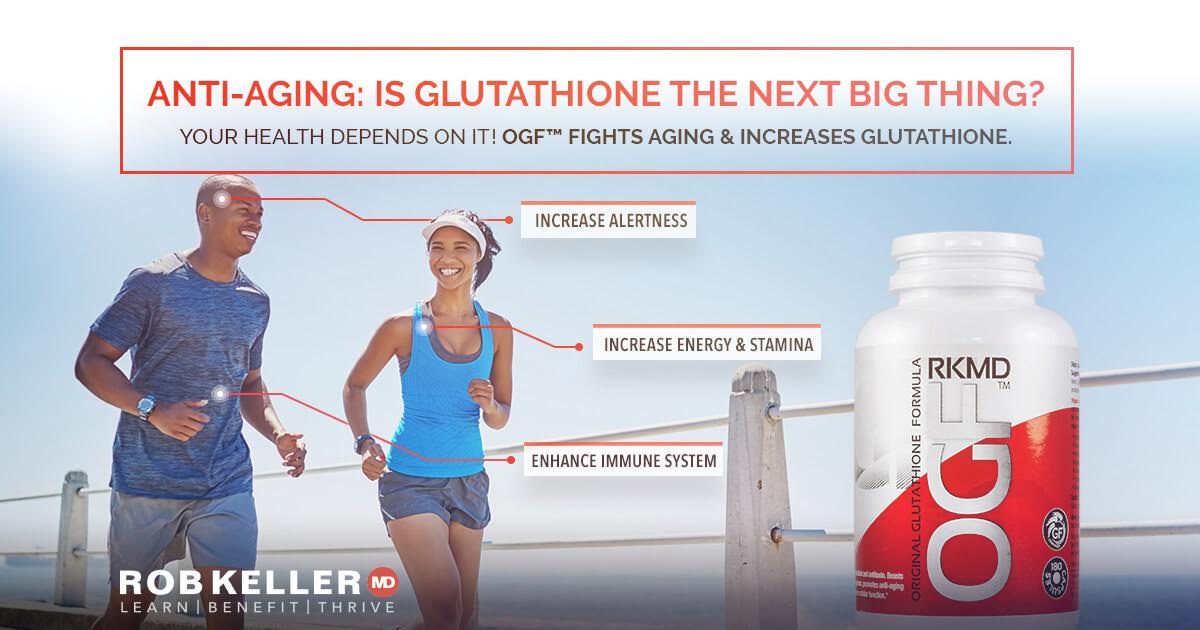Starting before you’re born, your heart muscles are working hard, moving oxygen rich blood to every point in your body and drawing oxygen depleted blood back into the lungs. Your heart will beat about two and a half billion times over the course or your life. Plainly, the heart is your powerhouse and it’s worth protecting. As you must realize, nobody can live without a beating heart and statistically with an average of 2 deaths every 68 seconds, forty percent of all the deaths in the U.S.) are caused by heart disease, the leading cause of which is Coronary Artery Disease (CAD).
As the hardest working organ in your body, your heart muscles also need to produce an abundance of energy and it’s this high level of energy creation which renders your heart vulnerable to the threat of free radicals. So, the heart is one organ with a high demand for antioxidants and the most valuable of them is Glutathione.
Your heart’s extraordinary ability to produce energy is rooted inside each cell’s power plants called Mitochondria. Every cell in your body has these little energy making sites . On average, most cells will have a few hundred mitochondria, but the ones in your heart have about 5,000! The power that’s made in the cells, is created in the form of a substance known as ATP which stands for adenosine triphosphate. But , making energy has a by-product .
The by- products of energy production are free radicals and with so many mitochondria in the cells of the heart , there will also be an equally high concentration of oxy-radicals . Without the intervention of antioxidant activity , free radicals develop a chain reaction within the heart cells that can damage them and their components – like cellular DNA.
CAD and Heart Disease
Arteriosclerosis – Coronary Artery Disease (CAD) which is generally referred to as a hardening of the arteries or loss of arterial elasticity is one of the leading causes of Heart disease. It has been connected to a substance known as lipid peroxidase. That’s what happens if the lipids in your heart are converted into free radicals. Lipids, by the way are a large group of molecules which include waxes, sterols, fats and the fat soluble vitamins D, E, A & K. As well as having elevated levels of Free radicals, patients with CAD also have reduced levels of antioxidants like Glutathione. Without a sufficient reserve of antioxidants to get rid of free radicals in your heart, it and the arteries in the system will eventually suffer from oxidative stress.
Our Bodies are designed to manage free radicals resulting from normal processes, however many of us are exposed to extra stresses that were not part of the original plan . They include environmental chemicals (and especially tobacco smoke!), poor diets, the unhealthy pace and induced stress of everyday living and poor conditioning of the muscles from no exercise. This has placed our antioxidant levels at a terrible disadvantage.
The Benefits of Boosting Your Glutathione and Antioxidant Reserves
As we grow older , our chemistry starts to slow down. The mitochondria in our heart muscles gradually produce less energy and we also naturally begin to produce less glutathione – which is vital for a healthy heart. Increasing our glutathione levels can’t make us live forever, but when you think about how hard your heart works , it must make sense to eat better , choose a healthier lifestyle and make a choice to increase our supply of glutathione.
Oral Glutathione supplements are not effective, but you can increase your glutathione with a glutathione precursor like Dr Keller’s Original Glutathione Formula.
